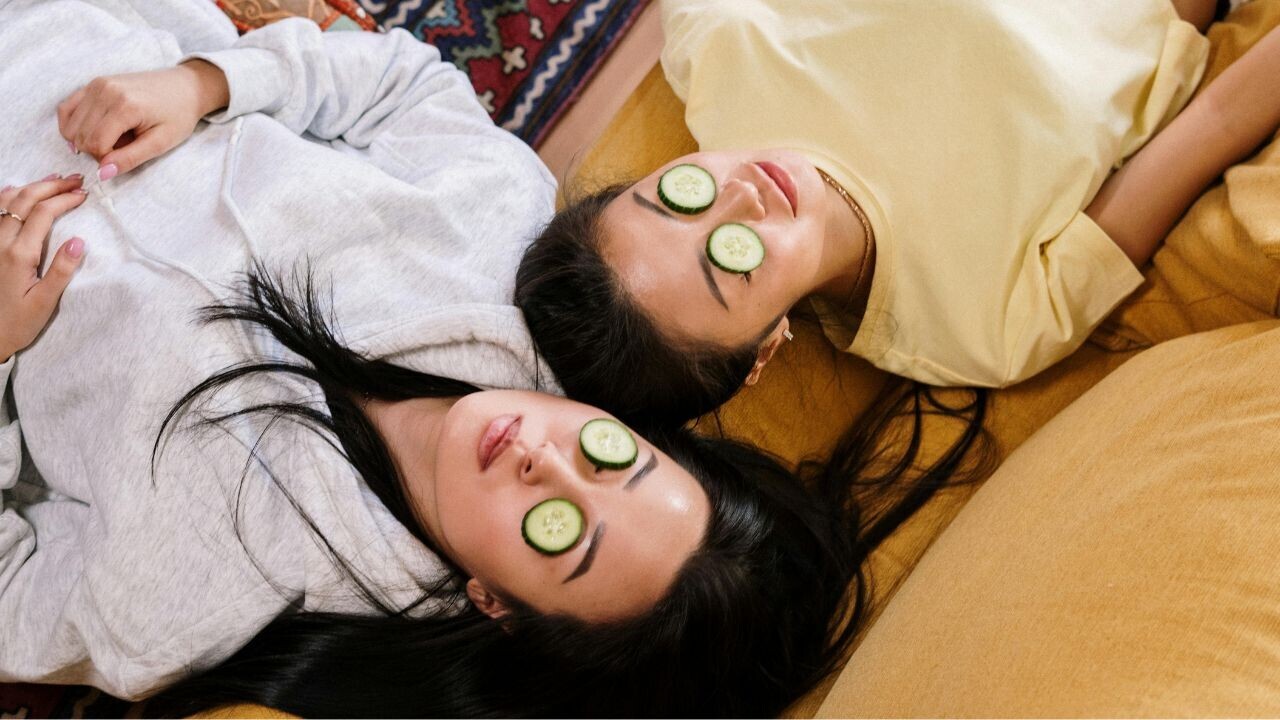Spectricity has a new target for the startup’s “true colour” camera: skin care analysis.
The Belgian company has signed a deal with Korea’s Lululab to develop the application. Together, the partners plan to create a new generation of smart skin care on mobile devices.
Spectricity’s unique camera system will collect the underlying images. The tiny snapper is powered by a multispectral sensor, which measures light from 16 colour channels. Standard smartphone cameras, by contrast, rely on RGB sensors that capture only red, green, and blue.
Multispectral sensors expand the spectrum. The result, Spectricity says, is “unprecedented” colour accuracy and enriched visual data.
Both these benefits have promise for skin care analysis. Enhanced colour fidelity could enhance cosmetic recommendations. Spectral data, meanwhile, could reveal skin biomarkers, such as oxygenation, blood volume, and melanin.
Lululab will now bring these insights to the company’s skin analysis platform.

Smarter skin care?
By integrating Spectricity’s camera, Lululab hopes to reveal previously hidden skin condition data. Users could then access personalised advice from their mobile devices.
But for Spectricity, skin care is just the start.
The company envisions endless applications for its sensor, from photography and e-commerce to fraud detection and smart gardening.
In January, the startup showcased the camera in a smartphone for the first time. By 2026, Spectricity expects the sensor to become mainstream on mobile devices.
Get the TNW newsletter
Get the most important tech news in your inbox each week.





